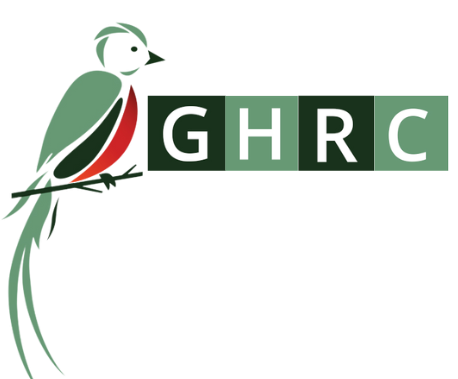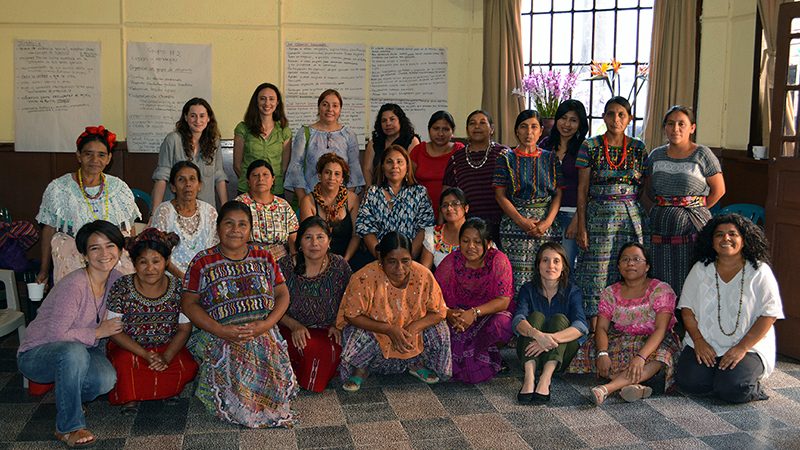FOR IMMEDIATE RELEASE
November 12, 2015 — On October 26, 2015, 12 members of the US Congress sent a letter to Guatemalan President Alejandro Maldonado Aguirre to raise concerns about abuses related to the El Tambor gold mine in San Pedro Ayampuc, Guatemala. The letter calls on the President to use his authority to uphold human rights and to ensure that the mine’s owner–the US-based company Kappes, Cassiday & Associates (KCA)–promptly halts its illegal operations.
On July 15, 2015, a Guatemalan court ruled in favor of local communities and ordered EXMINGUA, KCA’s local subsidiary, to suspend mining activities at El Tambor. The court found that EXMINGUA has been operating the mine without valid municipal permits, did not consult with affected communities before the project began in accordance with Guatemalan and International law, and that the company’s Environmental Impact Assessment (EIA) was plagued with serious deficiencies.
The ruling was appealed by EMINGUA, but upheld by Guatemalan courts – a victory for residents who live near the project. Despite the injunction, however, the company has continued operations as though nothing has occurred.
“The company presented an invalid construction permit,” said Miriam Pixtún, a representative of a local opposition movement. “It’s important that KCA respect the sentence rather than continue to promote corruption and impunity in Guatemala.”
Local communities have protested the illegal actions and existence of the El Tambor mine since 2012, forming a peaceful resistance movement that has become known as “La Puya.” They have raised numerous concerns, including the fact that the region receives little rainfall, and water sources naturally contain high levels of arsenic–a problem exacerbated by mining operations.
As a result of their opposition to the project, community members have suffered intimidation and abuses, including an assassination attempt against Yolanda Oquelí, an active and high-profile leader from La Puya. Others have faced trumped-up criminal charges filed by individuals associated with the company.
The congressional letter sent to President Maldonado makes several recommendations for urgent next steps that the Guatemalan government should take: (1) ensure that KCA and EXMINGUA comply with the July 15, 2015, court ruling and immediately cease all illegal operations; (2) conduct a fair EIA and ensure that environmental concerns are addressed; (3) address issues of past violence and investigate the assassination attempt; and (4) take active steps to release wrongfully imprisoned community leaders and initiate dialogue with residents to peacefully resolve the conflict.
“The US government should hold US companies to the highest legal and ethical standards when operating abroad,” said GHRC Executive Director Kelsey Alford-Jones. “We applaud this action by members of the US Congress to raise concerns about the illegal operations of a US subsidiary, and echo the call for the Guatemalan president to ensure that proper actions are taken to halt mining activity immediately and protect affected residents.”
From March 2, 2012, until May 23, 2014, residents who live near the site of the El Tambor gold mine maintained a non-violent blockade at the mine’s entrance. The case has gotten immense national and international media attention for the movement’s commitment to non-violence and the successful blockade of the entrance for over two years.
On May 23, 2014, the peaceful resistance was violently evicted from the entrance to the mining project. Although there is no longer a physical blockade, community members have sustained a large presence in the area and continue to peacefully protest the El Tambor gold mine.
More information about the La Puya movement is available here.
###
Contact:
Kelsey Alford-Jones, GHRC Executive Director
kajones@ghrc-usa.org
(202) 529-6599

